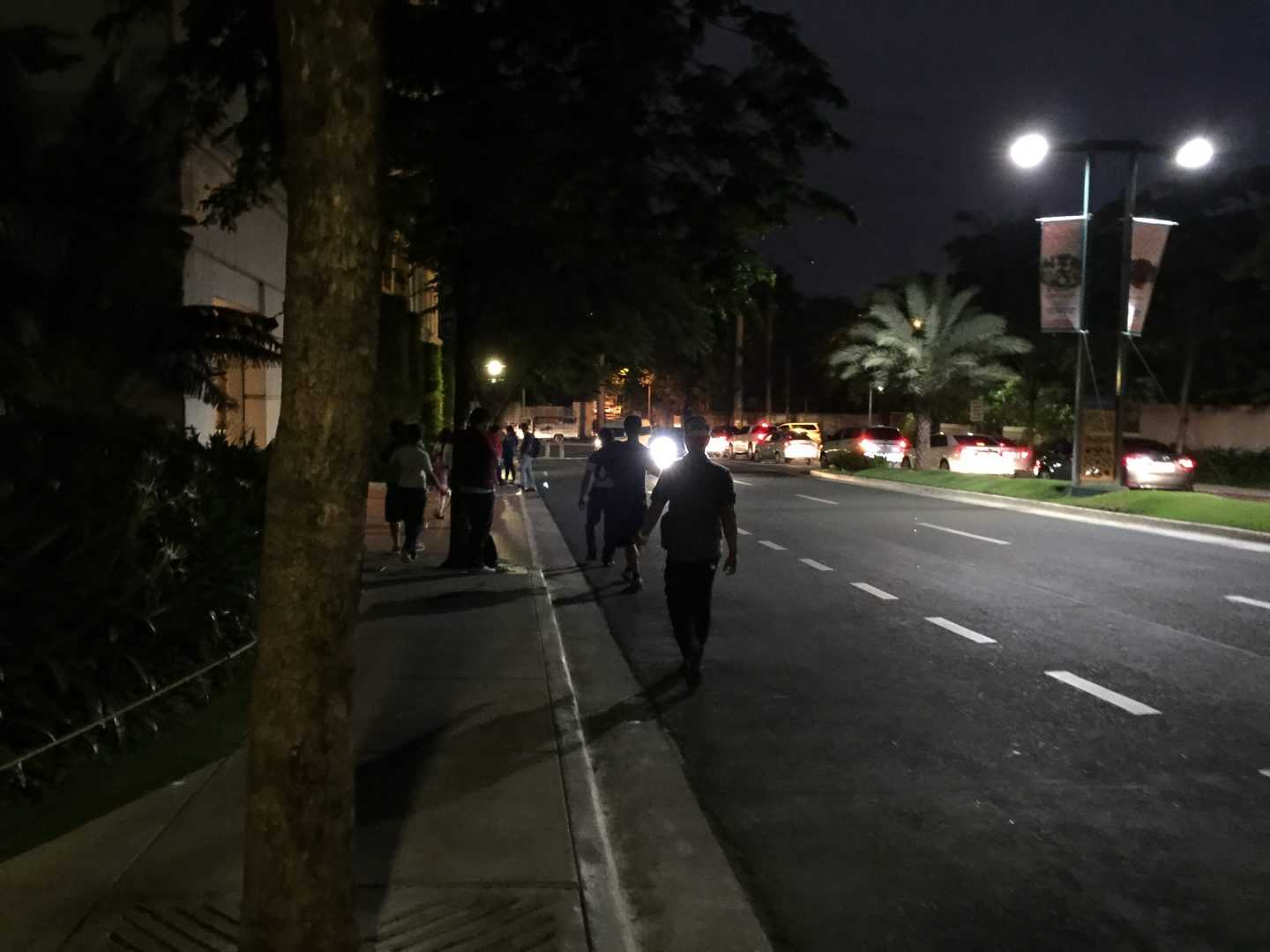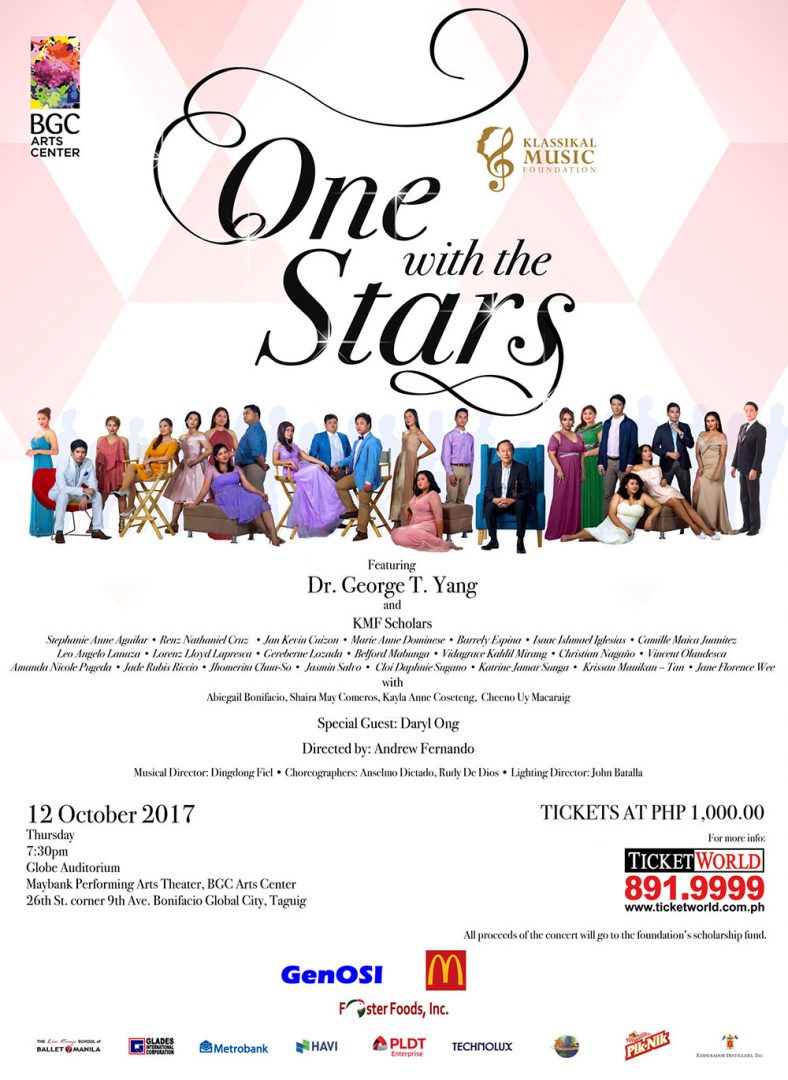It is a familiar scene especially in the metro to see strangers trying to approach passersby asking questions, begging for alms or asking for a few bucks just so they can get home. For someone who is new to the city, you may fall for them and give them money. Worse, be a victim of a modus operandi that could cost you your life worth’s savings or your life. This is why little by little, passersby like me as much as possible try to ignore strangers asking for help. Good samaritans are becoming apathetic to protect themselves. Personally, I just smile (Important: without eye contact) and walk by them. This may be a little rude. What if the stranger actually needed help. Well, you can’t blame me. I’m just being safe.

When I was in high school, I met my friends at school for a project one Saturday morning. We were making a music video for our history class. As usual, my dad brought me earlier than the supposed meeting time. And also, as usual, my friends were late. Like two hours late. So I stayed under the waiting shed waiting patiently, then impatiently… alone. I was playing Snake on my Nokia 8250 phone. I just got my Nokia 7650 then but I decided not to bring it that day. (To those who do not know what Nokia 7650 is or Nokia for that matter, it’s like the iPhone back in the day. Well, that was just 9 years ago.)
After 30 minutes or so, some guy approached me and made small talk to my once timid self. He looked decently dressed: khakis and a checkered shirt. He spoke English, which kind of intimidated me. The guy was FC — feeling close — his personality strong, too confident even. Being a child then, I responded courteously to his every word. He asked rather intrusive, personal questions, which I didn’t feel were harmful at that time. The question I remember the most was, I think, the trigger of my experience. My budol-budol story.
The stranger asked who my professor was. This could have been an early warning signal. We didn’t call our teachers professor, but rather Ms./Sir/Mrs., or just plain teacher. Nevertheless, I stupidly told him my adviser’s name. He said that he knew my adviser and was actually meeting her that day. What a coincidence! From my every response, he managed to pull useful details of my life to manipulate me like his gullible child. He made me feel comfortable enough to trust him. I didn’t fully trust him yet, but I felt obliged to respond. It would be rude not to, I thought.
The clever man asked me to walk with him to our school’s church, which was open to the public. I didn’t know what got into me but I did. He told me that my adviser would be meeting him inside. Uh okay. I believed him. Fishy, yes, but I still did what he wanted me to do.
Inside the church, we waited for a bit, still talking about how we both knew my teacher. I was about to change the topic when he suddenly asked to borrow my cellphone. I was taken aback, hesitant at first to give a stranger permission to use my personal stuff. But he didn’t lose eye contact with me and I caved. I lent him my old Nokia 8250 phone. His face was one of disappointment. Maybe he was expecting a newer model, like my Nokia 7650.
He handed me a white envelope that supposedly contained a check in payment to my adviser. This served as collateral just so he could ensure me that he would bring back my phone. He was on the phone, but I wasn’t sure if there was another person on the line. Then he began walking farther and farther: one pew away, now two pews away, then he’s near the exit door. But I just sat there, watching him as he pulled away.
Then it hit me: what use would this check be to me. In case he ran away, it won’t be useful to me as it wasn’t named for me. My curiosity was piqued. I peeped into the envelope and found the check. Blank. No amount. No name. Not even my teacher’s name. Just a page from an old checkbook.
Then another hit: I was a victim of one of those modus operandis. I panicked for a few seconds. I thought that was the last time I would see my phone. I said my goodbyes, and concocted an acceptable explanation to my parents. I was almost in tears, for I felt that I lost my phone forever.
To this day, I still blame myself. I should have been wiser and more vigilant but life should go on.
It’s just a shame that there are crimes that are founded in abusing our natural tendency to help strangers. It ruined the culture of bayanihan or whatever bond our society has. For example, we learned to be more selfish to street beggars. Now, we do not pity and give alms to them anymore. We’d rather assume that each beggar is a victim or a member of a syndicate and that’s enough justification to not help them (at least financially). To survive, we put our guards up and slowly learn to be apathetic to everything but ourselves and our businesses.
It’s just sad.



